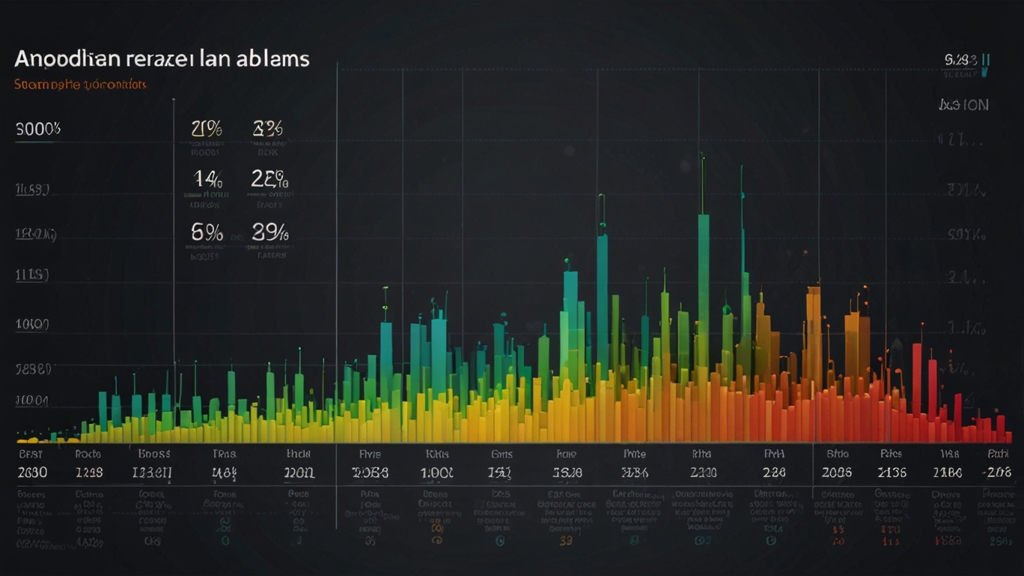The Great Exodus: Why Millions Are Leaving Their Homelands
The 21st century has witnessed an unprecedented surge in global migration, often referred to as "The Great Exodus." With millions of people leaving their homelands in search of better opportunities, safer environments, and improved living conditions, understanding the underlying reasons for this mass movement has become crucial.
Economic Opportunities
One of the primary drivers behind mass migration is the pursuit of economic opportunities. In developing countries, high unemployment rates, low wages, and limited career prospects push individuals to seek jobs in more prosperous nations. Developed countries, boasting robust economies and high standards of living, become magnets for these economic migrants.
The International Labor Organization estimates that approximately 164 million international migrant workers exist worldwide as of 2019.
Moreover, globalization has made it easier for individuals to learn about opportunities abroad, access job markets, and even obtain necessary information on the migration process. Information technology and social media play pivotal roles in disseminating information about foreign job prospects, making the idea of relocation more appealing.
Political Instability and Conflict
Political turmoil, civil wars, and persistent conflicts have forced countless individuals to flee their homes. War-torn regions like Syria, Yemen, and South Sudan are prime examples where violence and instability have driven large swaths of the population to seek refuge in safer destinations. Besides the immediate physical danger, these conflicts often result in prolonged economic despair, lack of access to basic services, and fractured community structures.
According to the United Nations High Commissioner for Refugees (UNHCR), by the end of 2020, nearly 82.4 million people were forcibly displaced due to persecution, conflict, or human rights violations.
For many, the decision to leave is not merely a choice but a necessity for survival. Countries receiving these displaced individuals grapple with the dual challenge of providing refuge while maintaining domestic stability.
Environmental Factors
Climate change and environmental degradation are increasingly significant factors contributing to global migration. Severe weather events, prolonged droughts, rising sea levels, and natural disasters devastate communities, rendering areas uninhabitable. Countries like Bangladesh and island nations in the Pacific Ocean exemplify regions where environmental impacts are causing mass displacement.
Poorer communities, with limited resources to adapt to environmental changes, are particularly vulnerable. As arable lands diminish and water resources become scarce, moving becomes the only viable option for survival.
Quality of Life and Social Factors
In addition to economic and safety concerns, many are motivated to migrate due to the promise of an improved quality of life. Access to better healthcare, education, and social services drives families to resettle in countries where such amenities are readily available. Countries with substantial social welfare programs often attract migrants seeking a better future for their children.
Social networks and familial ties also play a significant role. Once a member of a family successfully relocates and establishes themselves abroad, it creates a pathway for others to follow, reinforcing migration trends through established communities in the host country.
Conclusion
The phenomenon of mass migration is complex and multifaceted, driven by an interplay of economic, political, environmental, and social factors. As the world continues to globalize, understanding and addressing the root causes of migration becomes imperative for policymakers. Both origin and destination countries face challenges that demand international cooperation, comprehensive policy frameworks, and humanitarian considerations to manage the impacts of "The Great Exodus" effectively.
Only through collaborative efforts can nations hope to provide sustainable solutions that ensure the safety, dignity, and prosperity of both migrants and host communities.
In a world of increasing interconnectedness, fostering empathy and support for those compelled to leave their homelands is not just a moral obligation but a necessary step towards a globally resilient future.






